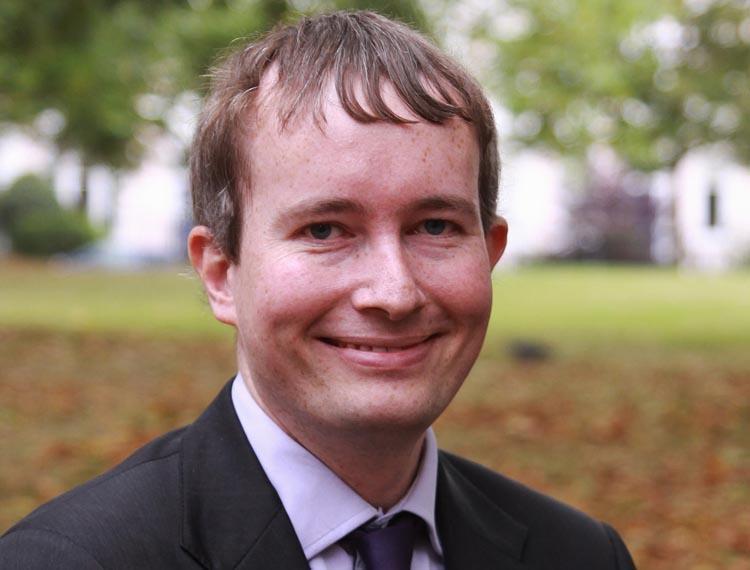Lost Einsteins and burning injustices

Earlier this week, Learning and Work Institute hosted an event with a keynote from Robert Halfon about skills and social justice.
Our analysis shows too many areas of the country still missing out on opportunity, and the need for a step change in our ambition for skills.
Rt Hon Robert Halfon MP, Chair of the Education Select Committee, is a longstanding friend of Learning and Work Institute and champion of learning and skills. We were pleased to host an event with him, jointly with the Centre for Social Justice and Open University.
Its focus was the economic and social imperative for what Robert termed a skills revolution, and to discuss the need for a more flexible system.
On becoming Prime Minister, Theresa May talked about wanting to tackle burning injustices.
If you want to see a burning injustice:
- Look at the nine million adults lacking functional literacy and / or numeracy and the impact this has.
- Or look at our research showing an apprenticeship application from someone from a BAME background is half as likely to succeed as a white applicant.
- Or look at the one million fewer adults learning and improving their skills in Further Education than in 2010.
And these burning injustices have an economic impact too.
A recent US study shows people from poorer areas who get better maths grades are no more likely to file patents than people from better off areas who get worse maths grades. It memorably calls these Lost Einsteins.
Here in the UK, how many Einsteins, Beethovens, Dysons, Berners-Lees and more have we lost, purely because of background?
Opportunity knocks?
Part of the Government’s approach to improving social mobility – ensuring your life chances don’t depend on your family background – is to focus action on a number of Opportunity Areas across England.
This focus on place is welcome. However, most of the actions are focused on schools and education for young people.
As important as this is, we can’t just forget every generation that has left compulsory education.
Our analysis, published earlier this week, shows adults in Opportunity Areas on average have lower employment, pay, qualifications, and chances of higher education than the national average.
We need a skills revolution to tackle this, and this will have a double dividend through helping the next generation too.
What can we do?
- Ambition & fair investment. We need a higher ambition to increase participation in learning and tackle inequalities. This requires more investment (for example, we’ve called for an extra £200m per year for adult basic skills) and a national strategy to deliver a skills revolution
- Flexible learning opportunities. Too often we ask people to fit around policy rather than vice versa. For example, funding rules make higher education something of a one shot chance for a three year full-time undergraduate degree at age 18 – we need more flexible opportunities for people to gain higher education throughout their lives
- Careers & progression advice. With longer working lives and changing skills needs, people need effective advice to find the support that will help them achieve their goals. Neither learning nor careers advice should be something that stops at the school gates.
A skills revolution is central to tackling some of the big challenges we have as a country.
We have some of the building blocks in place, but need a step change in ambition and action.
That can help us tackle burning injustices and make sure we don’t have any more lost Einsteins.
Stephen Evans, Chief Executive, Learning and Work Institute












Responses